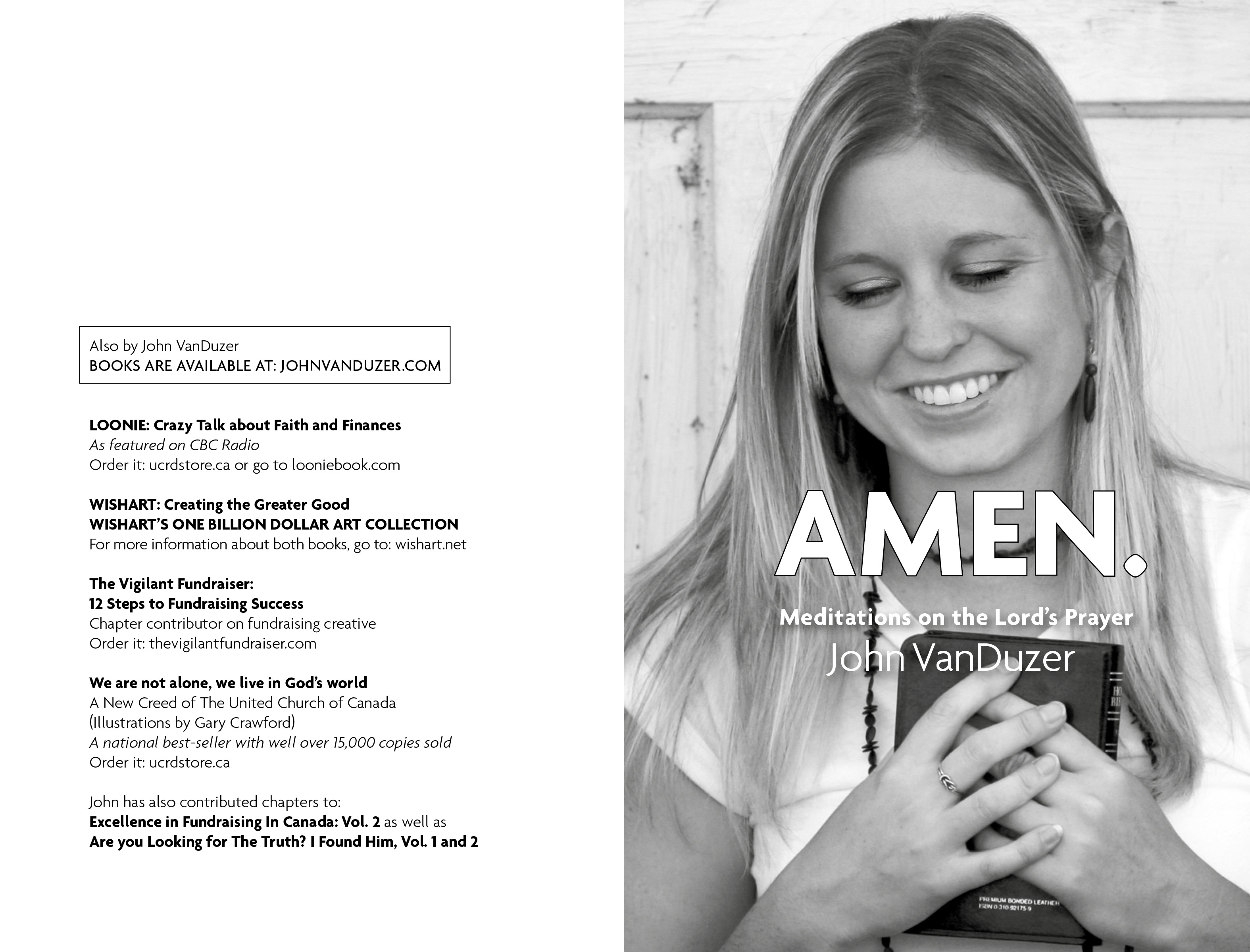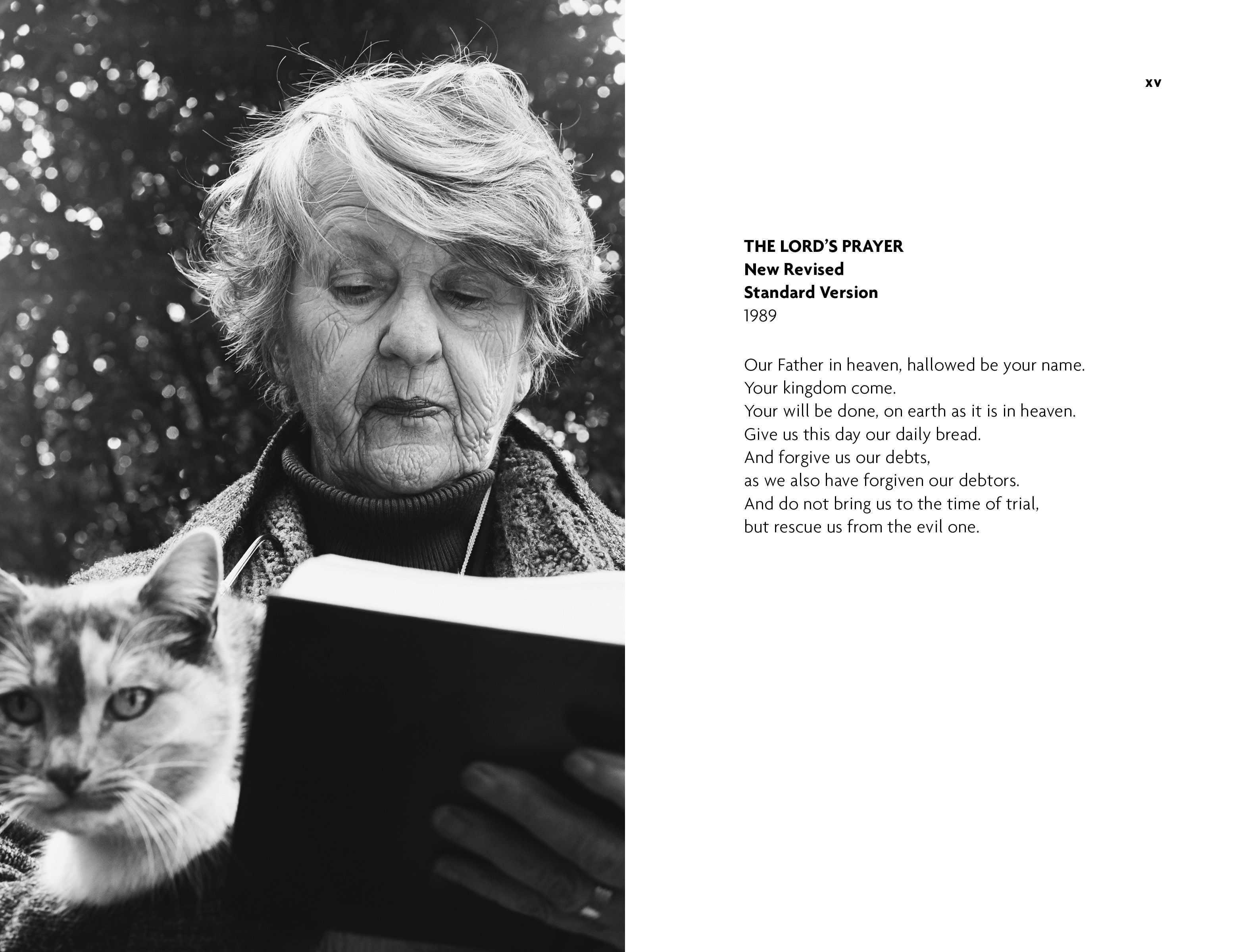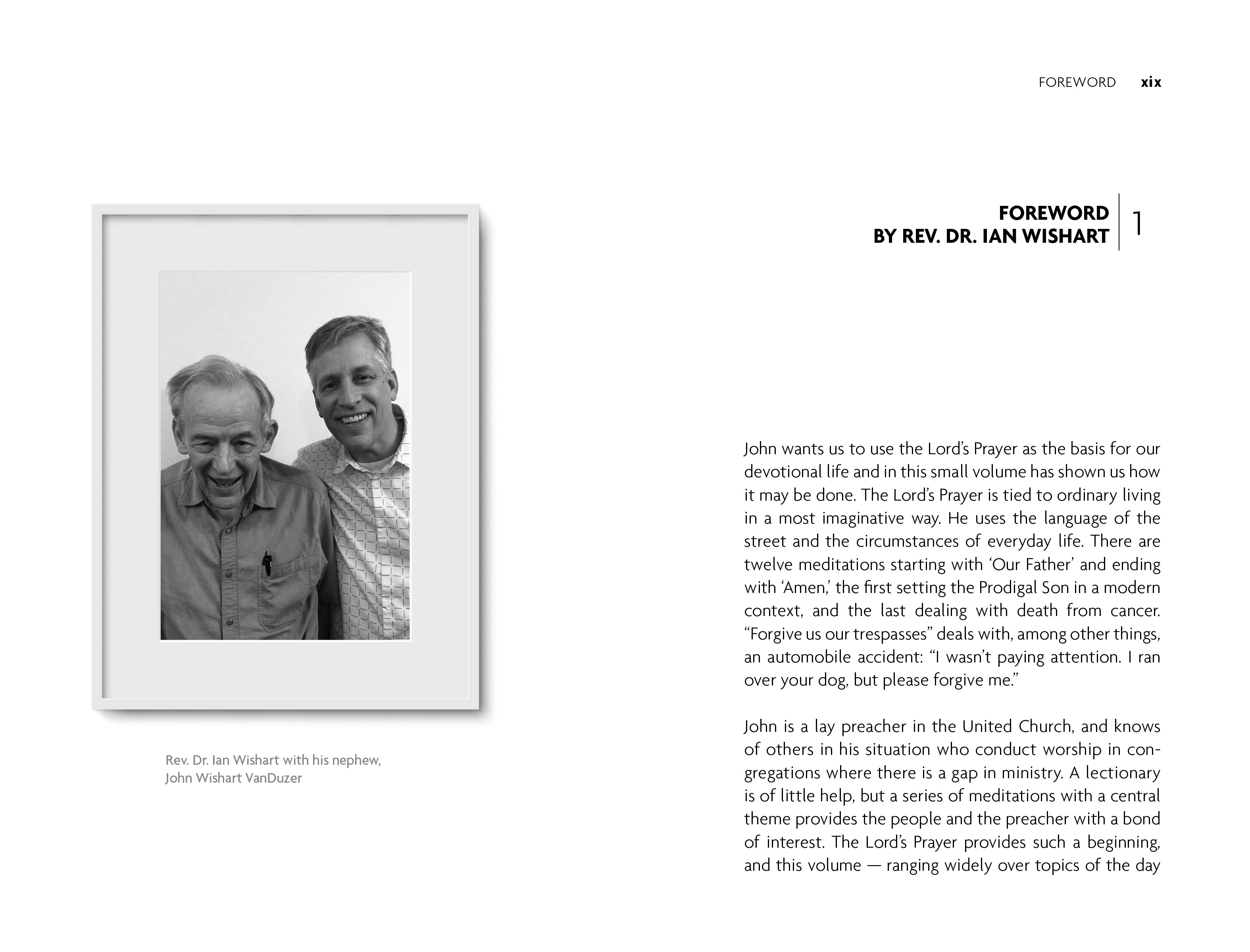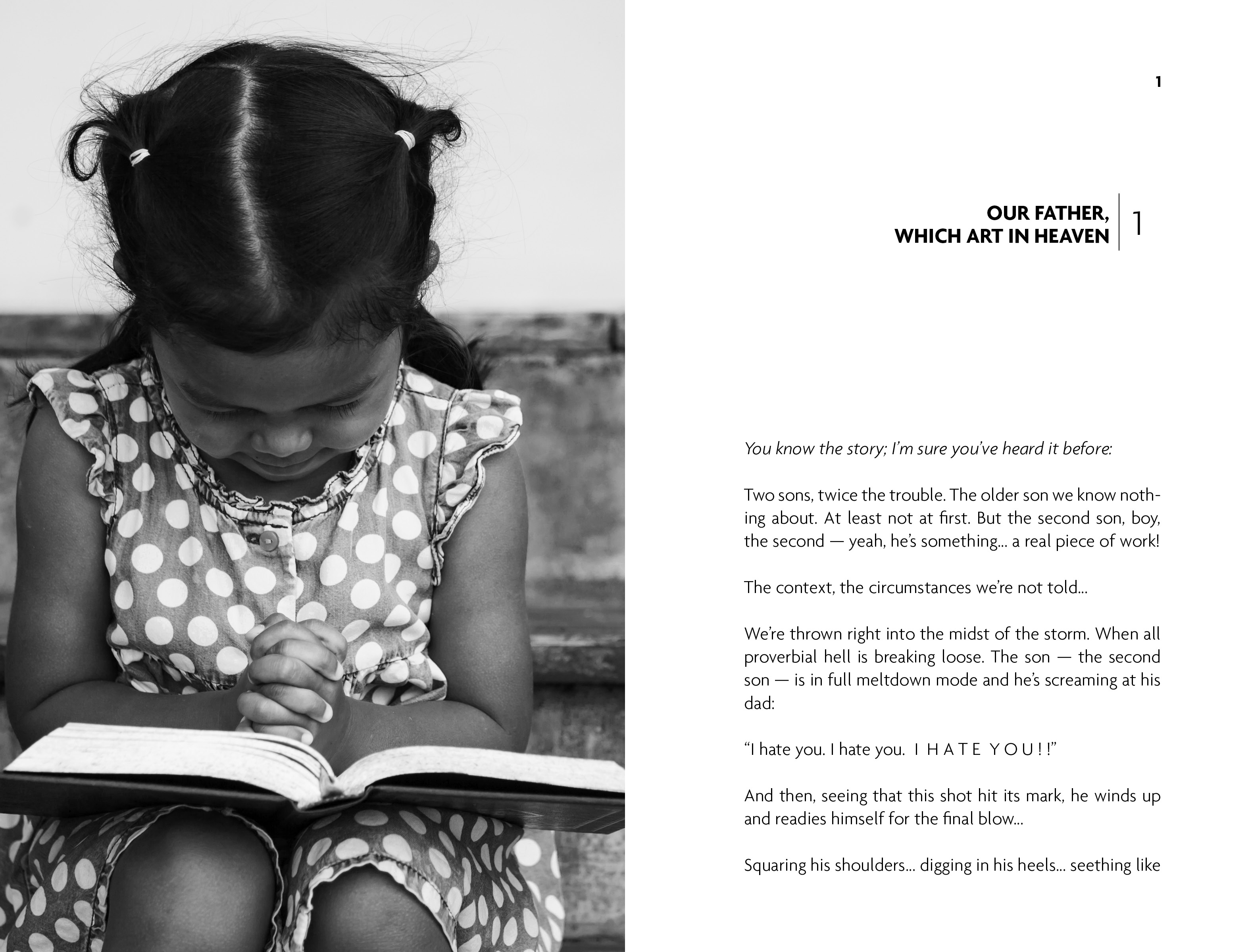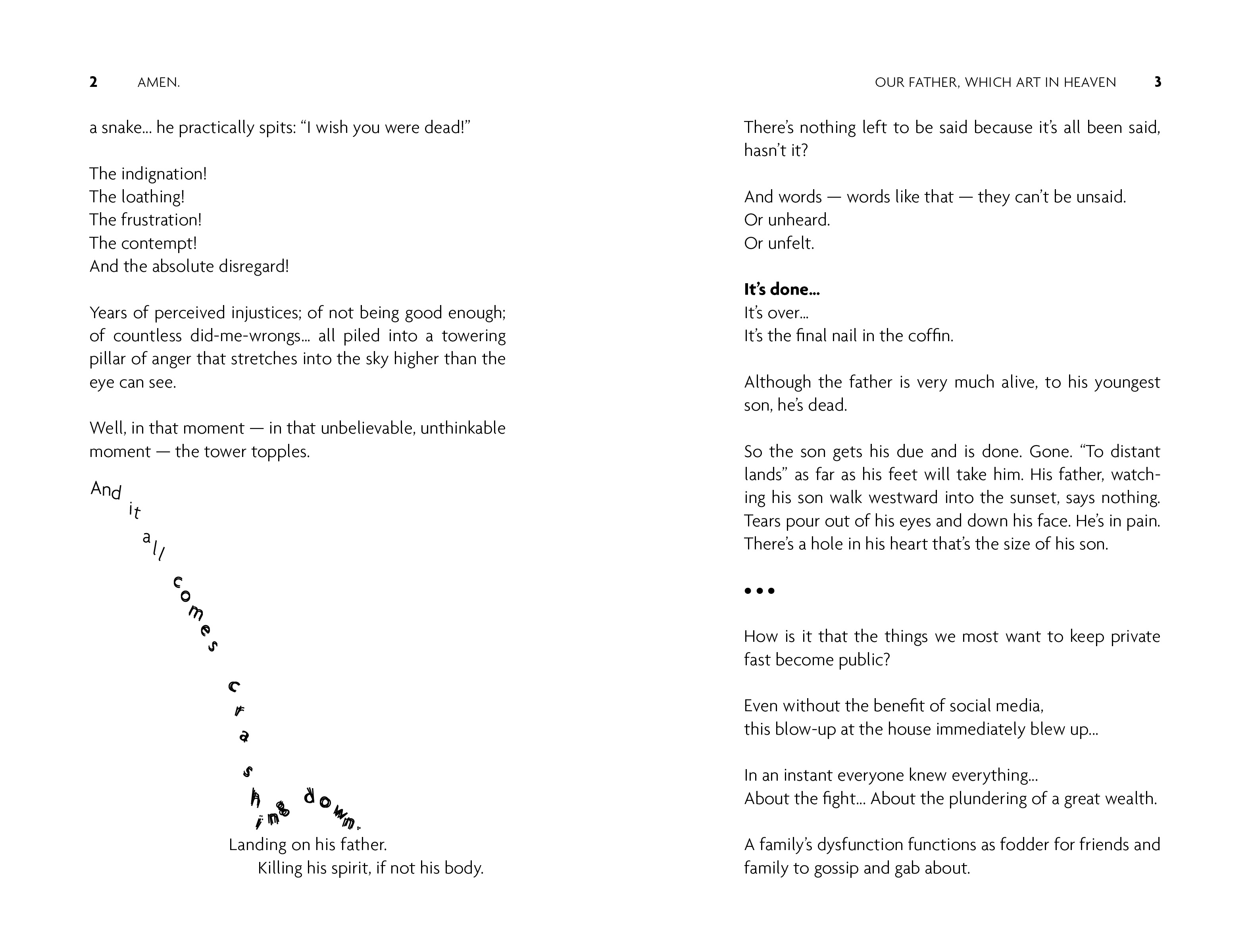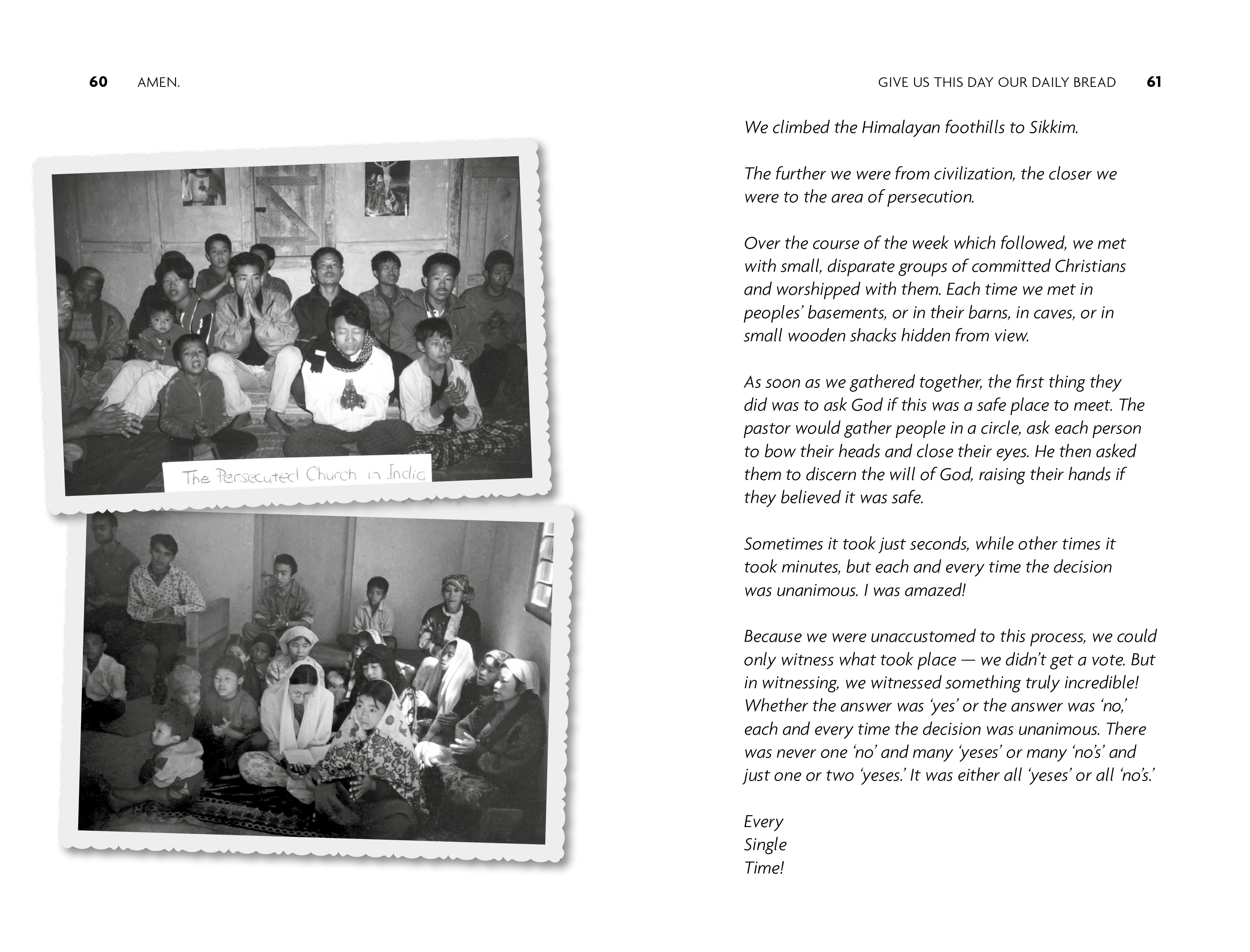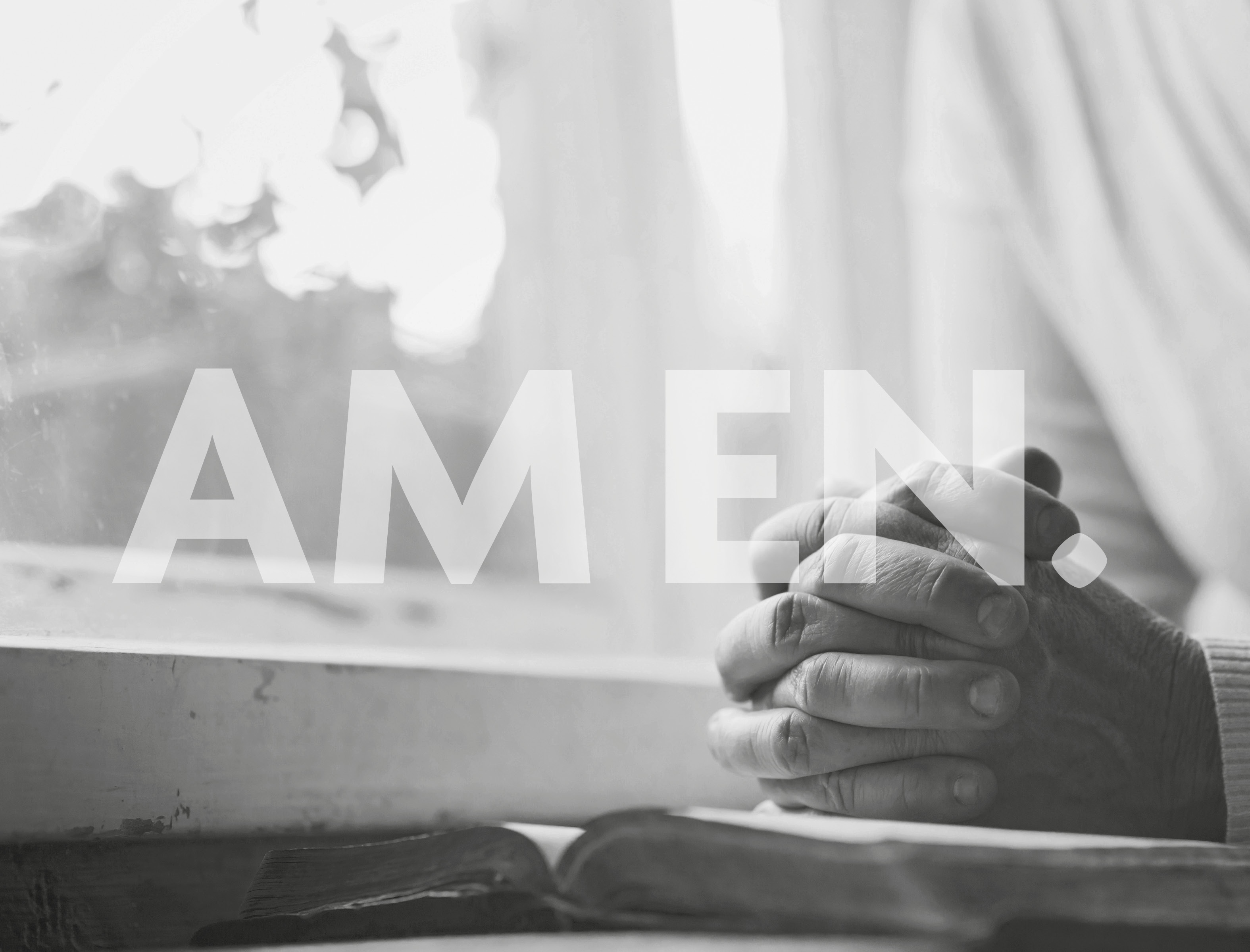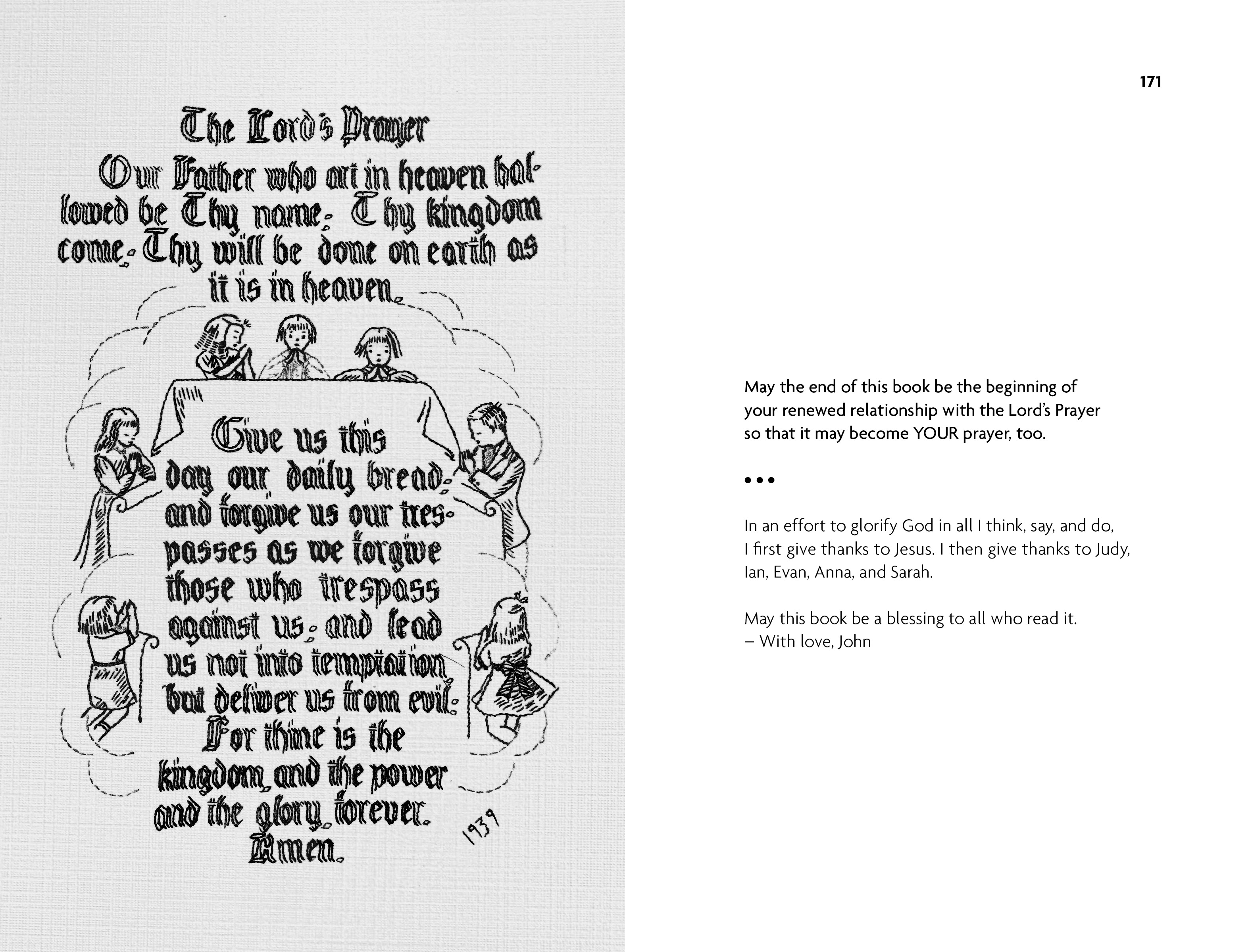And then, seeing that this shot hit its mark, he winds up and readies himself for the final blow…
Squaring his shoulders… digging in his heels… seething like a snake… he practically spits: “I wish you were dead!”
The indignation!
The loathing!
The frustration!
The contempt!
And the absolute disregard!
Years of perceived injustices; of not being good enough; of countless did-me-wrongs… all piled into a towering pillar of anger that stretches into the sky higher than the eye can see.
Well, in that moment — in that unbelievable, unthinkable moment — the tower topples.
And
it
all
comes
crashing
down.
Landing on his father. Killing his spirit, if not his body.
There’s nothing left to be said because it’s all been said, hasn’t it?
And words — words like that — they can’t be unsaid.
Or unheard.
Or unfelt.
It’s done…
It’s over…
It’s the final nail in the coffin.
Although the father is very much alive, to his youngest son, he’s dead.
So the son gets his due and is done. Gone. “To distant lands” as far as his feet will take him. His father, watching his son walk westward into the sunset, says nothing. Tears pour out of his eyes and down his face. He’s in pain. There’s a hole in his heart that’s the size of his son.
• • •
How is it that the things we most want to keep private fast become public?
Even without the benefit of social media,
this blow-up at the house immediately blew up…
In an instant everyone knew everything…
About the fight… About the plundering of a great wealth.
A family’s dysfunction functions as fodder for friends and family to gossip and gab about.
People took sides…
Made their opinions known…
Whispered when the father walked by…
Pointed knowingly…
Self-righteously.
The family, once high, was knocked low.
• • •
Time went by. No word from the son. But others are talking — they repeat the news; and the news travels fast.
The son, he’s living a Las Vegas lifestyle.
Booze.
Broads.
Binges that start… and never stop.
There’s no need to exaggerate — the stories of how the son is burning through the family fortune, those stories are already so swollen with drunkenness and debauchery that there’s no way you could embellish them.
The father, he hears everything.
He says nothing.
He waits.
He prays.
He keeps one eye on the horizon…
Watching.
Hoping.
Hoping for the day…
Just in case.
Years pass.
A famine consumes the faraway land. There, there’s great poverty and despair. Having lost everything, the son seemingly vanishes into thin air. No news is bad news. In this case, it’s terrible news.
Lost, the son is presumed dead. Probably in some flop house. In a haze of hedonism and heroin. His comeuppance had finally come.
But still the father waits.
Wonders.
Prays without ceasing.
Models unbelievable patience.
And never, EVER stops looking.
And then one day — one late afternoon — the father sees something. Someone. His son? His SON!!
Older, weaker, thinner and looking like hell, yes, but still, it’s his son.
And so the father runs… Runs toward his son.
A rich, respectable, righteous father doesn’t run, but this father — THIS FATHER — he runs! He grabs clumsily at the hem of his long cloak and scrunches it up around his waist like a bulky adult diaper and takes off in hot pursuit.
His wobbly legs…
His arthritic knees…
His varicose veins…
He’s a sight for sore eyes.
And his son — once sore at his father beyond all comprehension — is sorely in need of redemption. Reconciliation.
And a bath.
(If only to cleanse him from all unrighteousness.)
An old man runs awkwardly toward his son. A young man stumbles on skinny legs towards his father. Now the father holds him. Hugs him. Smothers him in KISSES of love and forgiveness.
The son says he’s ‘sorry’ and he is. Admits his sin. Asks to be taken back as a lowly servant. Unworthy.
But his father, filled with love and compassion, will have nothing of it. He blathers like an idiot saying that his boy, once lost, has now been found.
Given up for dead, he is now alive.
Never leaving his side — never letting go — the father takes his youngest son back home. He whoops with glee every sacred step of the way.
From a distance, he orders his servant to quickly fetch his son a fetching ROBE. A sign of honour to the one who brought dishonour to the family. The son — once mighty — had his life fall to tatters and his tattered, threadbare clothes, they need changing!
“And A RING,” the father cries out. This was no ordinary request for jewels; with the demand was a ring of authority being returned to his son.
His son who hadn’t rung once in all these years was being returned to a glory he hadn’t earned… and didn’t deserve.
But no matter, the father who had been so wronged was quick to set things right. Looking down, he saw his son’s bare and bleeding feet.
You’ll remember that when God first appeared to Moses, he commanded Moses to take OFF his sandals for this was hallowed ground: Heaven on earth. EXODUS 3:5
But this father — this intimate, personal, approachable father — this father wanted his son’s feet to be healed and so he called out that his son should have footwear and that these SANDALS be put ON.
Everyone, drop what you’re doing. Now! There’s gonna be a PARTY. Tonight. A homecoming like never before. Get ready!
Get the best of the best, and lots of it. And don’t forget the fatted calf! This is going to be one joyful celebration no one will ever forget!
His son… his son who had abused him, disavowed him and squandered his inheritance… his son was back!
His son who was owed nothing and deserved even less was given everything.
What do you make of that?
• • •
There’s more…
The other son — the older son — he was away working.
But he heard the noise — EVERYONE could hear the noise!!!
“What’s all the fuss about?” he wanted to know. “Tell ’em to turn the music down or I’m calling the cops!”
Caught up in the work — work for the family business — he hadn’t heard the news, but he’d certainly heard the commotion.
“What the…” he shouts angrily when he’s told what’s happened.
He runs home…
Bursts into his room…
Slams, then locks his door. (Actually, he refused to go into the house, that’s how angry he was!)
He can’t believe it. He had written his brother off. Thought him to be dead. Let’s be honest, he had WISHED HIM DEAD!!! And why not?
Mad at his brother for returning, he was madder still that his dad had welcomed him back. And how!
MEANWHILE…
Concerned that his older son wasn’t sharing in the excitement and making merry with all the others, the father quietly excuses himself from the festivities and tiptoes outside to find his older son.
He begs…
He pleads…
“Haven’t I always been with you,” his older son implores.
“Always done everything the way you wanted, when you wanted…”
“Have I not always brought honour to the family…”
“Done everything right…
These aren’t questions.
“And when, when have you ever given ME kisses…
a robe…
a ring…
sandals…
a feast…
or even a lousy party on my birthday?!
WHEN?!
Underneath all the older son’s bitterness and resentment is the belief that he’s earned it.
That his father OWES him…
These things.
This stuff.
That his father has a debt to pay.
He didn’t get it; he didn’t have a clue. He was ‘lost.’ Lost in a self-centred pity of his own making.
• • •
And so on this, the happiest day of the father’s life…
On the day that his younger son — the son he thought was physically dead — is discovered to be very much alive….
On this day of all days, the father comes face-to-face with the realization that his older son — although physically very much alive — is spiritually dead.
That although near him in the flesh… his older son is actually more lost than his youngest son had ever been.
This story, as Jesus tells it in the Gospel of Luke, ends there. A cliffhanger ending with no satisfactory resolution. We don’t know if the older son ever attends the party. Will he? Or won’t he?
This story, known as the “Parable of the Prodigal Son,” LUKE 15:11-32, MATTHEW 18:15-35 isn’t so much about the younger son as it is about his older, obedient brother and the decision left undecided.
But, read a third way — the way I’ve shared it here — this is a story about the father.
Because it’s HE who provides the fulcrum for the story.
It is HE who is rejected:
Physically.
Emotionally.
And spiritually.
The father in this story offers unconditional love. Is ever watchful. Is forever kind in ways we can’t possibly fathom. It is HE who allows himself to be taken advantage of.
He’s humiliated.
Scorned.
Mistreated.
Misunderstood.
Used (and by that I really mean MIS-used).
It is HE who allows himself to be abused… ridiculed… and abused again. Through it all, he is patient, forgiving. He never demands respect even as he commands it.
The father in Jesus’ parable isn’t simply “father” or “THE father.”
He’s “OUR” father…
Our father who is close enough that he can smother us in kisses… clothe us in his glory… provide us food and fellowship… and celebrate the Holy Spirit within us all.
In calling God “Father,” we acknowledge him as the first person in the Trinity. As the creator of everything. And everyone.
As “Father,” we acknowledge and accept God to be in close relationship as a father — as a close, deeply personal, unique relation who loves us unconditionally; without reservation.
Although there’s no mistaking that God is portrayed as a father throughout the Bible, it’s indeed striking how this portrayal compares between the Old and New Testaments. In an online article entitled “Fatherhood of God,” author Robert H. Stein acknowledges that God the Father is “surprisingly rare” in the Old Testament and can be counted only fifteen times.
Moreover, in looking into this further, I realized that no one in the Old Testament ever says “my Father” or “our Father.” “Father” always refers to God as the father of Israel, a very different, somewhat impersonal relationship.
Contrast this to the New Testament where — thanks largely to Jesus referring to God as HIS Father — the number swells to well over 200 with 165 references made in the Gospels… and another 40 in Paul’s letters.
Calling God “father,” Stein writes, “was not just a way Jesus taught his disciples to address God; it was THE WAY.”
God isn’t just Jesus’ “daddy,” He’s our daddy, too.
And while many people get hung up on the apparent sexism inherent in the term “Father” for God, I contend that the really problematic word is the word “our.”
THAT’S where the discussion should focus.
Because while the term “our” is inclusive by reminding each of us that we are not just praying to “my” God, it’s exclusive too: only those who are children of God through their faith in Jesus Christ can call God “Father.” GALATIANS 3:26
Now I know this goes against popular discourse when we say that “we’re all God’s children,” and in a way that’s true: After all, God is NO respecter of persons — we are all alike in God’s eyes — ALL created by God to be God’s children. But the fact that we were all created by God to be His children doesn’t mean that we are.
The “lost” DO need to be “found.”
• • •
“A man has two sons”…
One foolish; the other prideful.
One physically lost; the other spiritually lost.
One who rejects his love; the other who tries to earn it.
Both sons resent their father.
Both boys go their own way — the wrong way — and for diametrically different reasons.
Neither son comprehends the depth of his father’s unconditional love, nor do they have the slightest inkling of the real blessings offered to them by being in a genuine, loving and unbroken relationship with him.
One son turns his back and then turns back.
The other? We don’t know.
Jesus tells this story so that we may learn.
So that we may see ourselves.
That we may see the error of our ways.
And find the way.
HIS WAY.
Home!
To our Father, which art in Heaven!
A man has two sons…
Which one are you?


